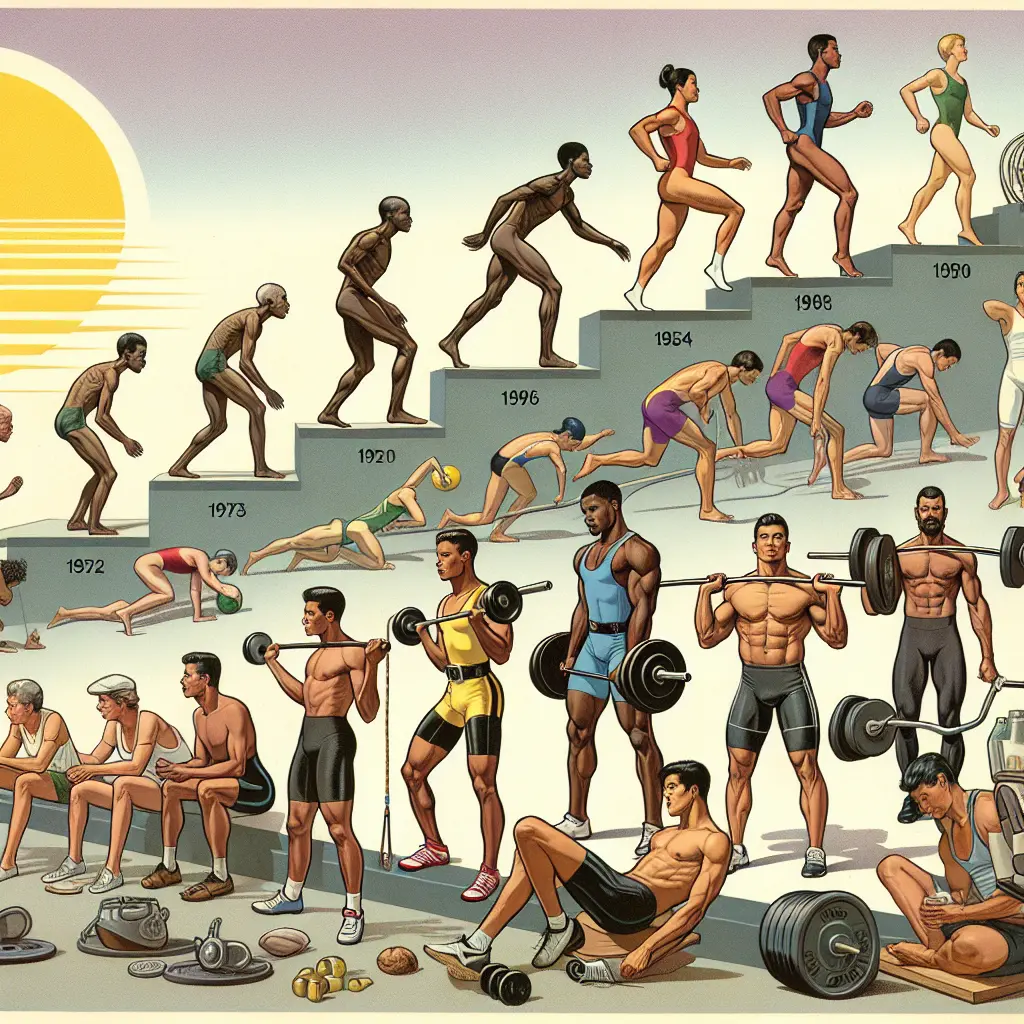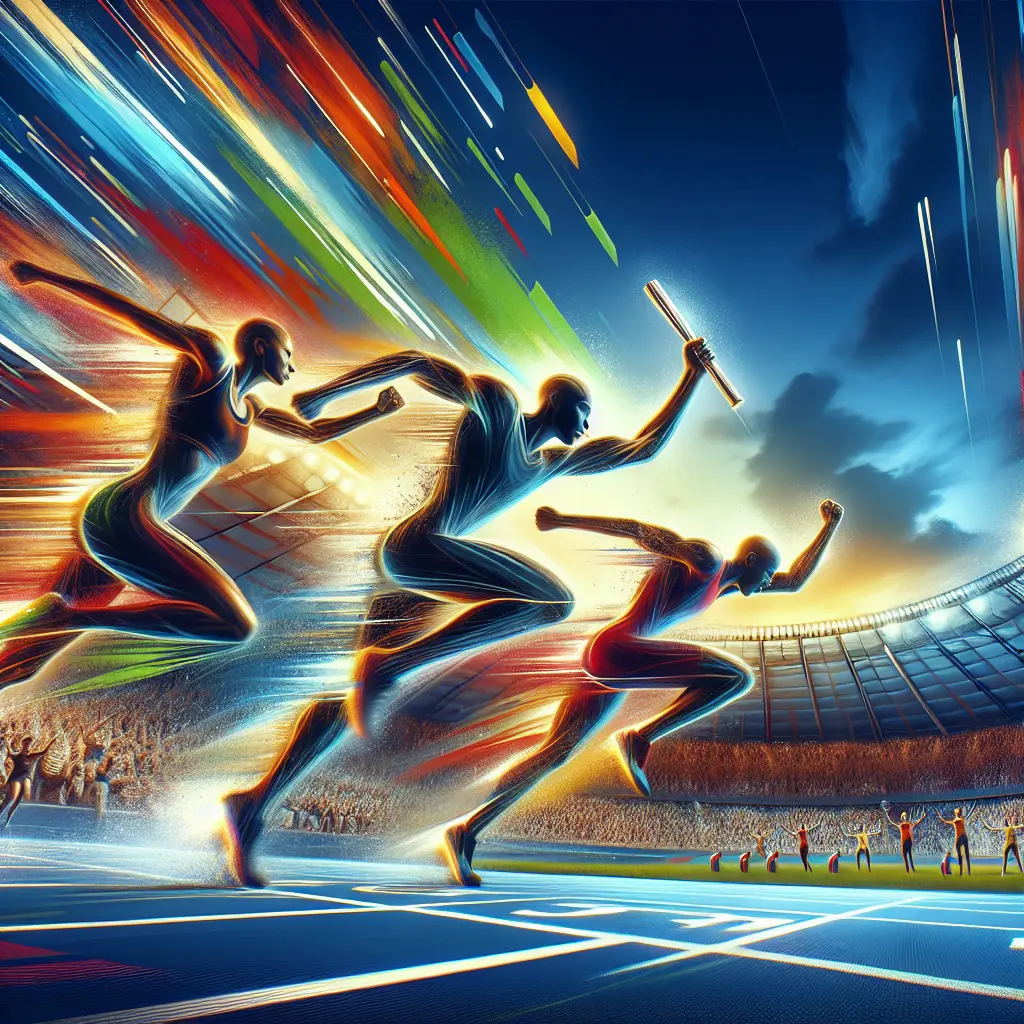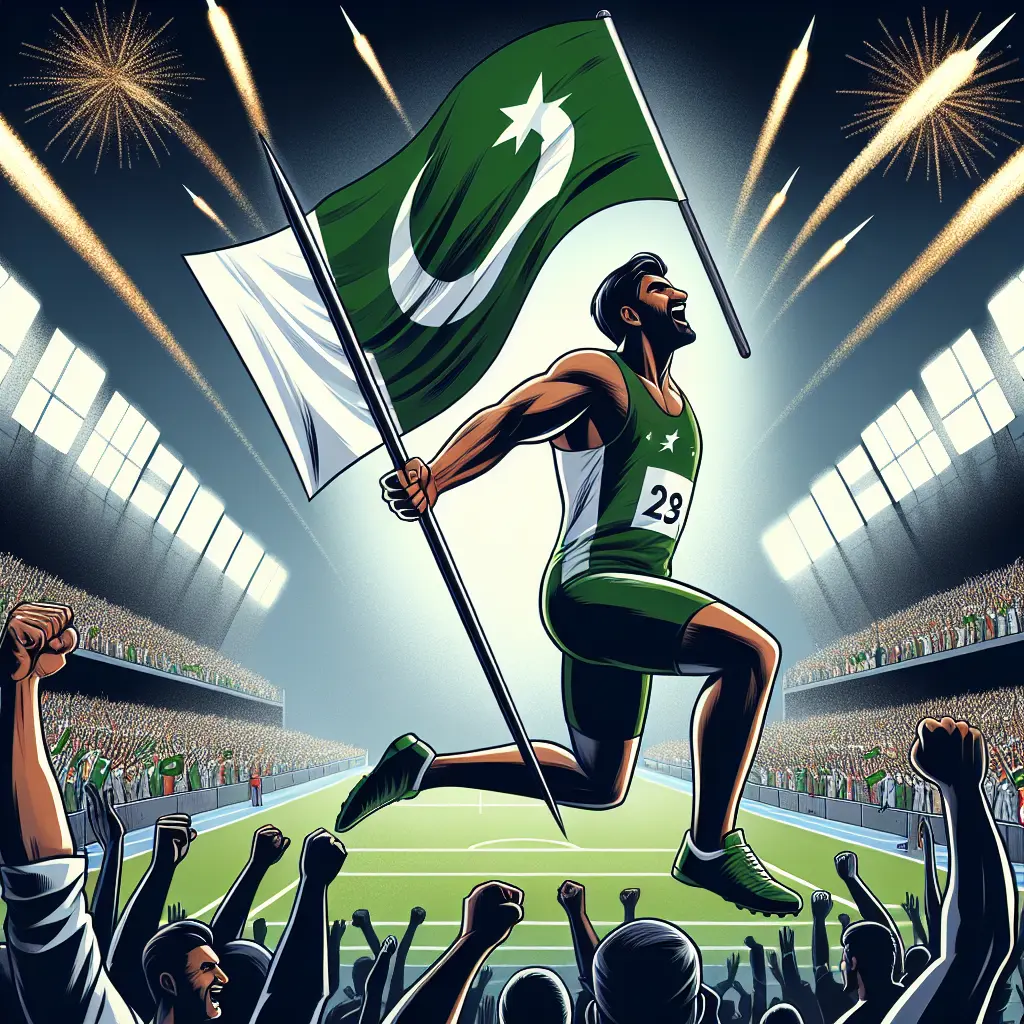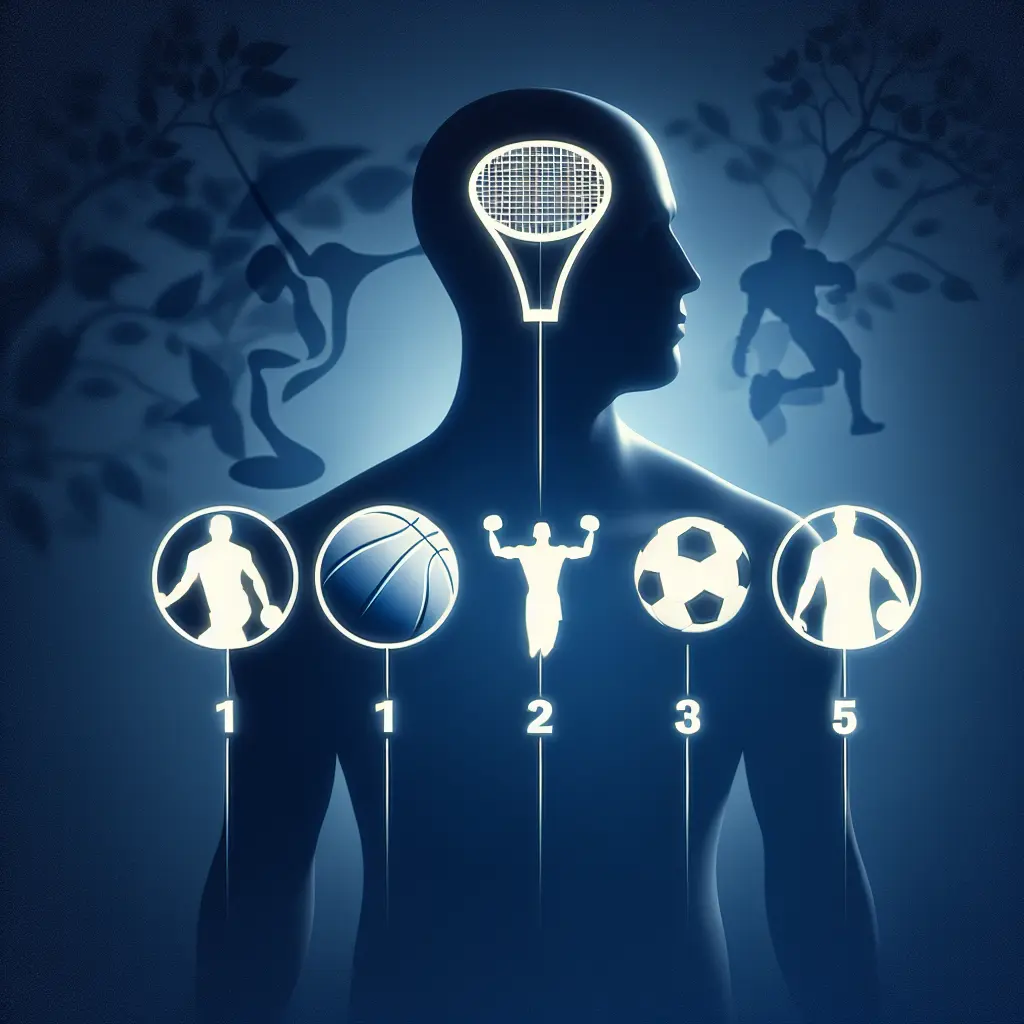The realm of Olympic sports has always been a battleground not just of physical prowess but of cutting-edge training methodologies. From the early days of the modern Olympics, dating back to 1896, to the recent spectacle in Paris in 2023, the evolution of training techniques among Olympic gold medalists showcases a fascinating journey of innovation, science, and relentless dedication. This exploration delves deep into how these athletes transform from contenders to legendary champions through evolving training regimes.
Historical Training Methods and the Genesis of Modern Techniques In the early 20th century, training for the Olympics was often a rudimentary regimen, focused largely on basic physical conditioning and whatever specialized coaching could be mustered. Historical training methods at the Olympics often lacked the sophisticated understanding of athlete physiology that characterizes today’s preparations. However, the post-war era began to see significant shifts with more structured training programs and the introduction of sports science.
Advancements in sports training have dramatically altered how athletes prepare. The concept of periodization in Olympic training, which involves cycling workload to peak at the right time, was not widely adopted until the latter half of the century. Today, this is a cornerstone in all gold medal training programs, ensuring athletes reach their physiological peak as they step onto the grandest stage.
Incorporating Technology and Sports Science The integration of technology in Olympic training has been pivotal. Modern Olympic training strategies employ everything from biomechanical analysis to dietary micro-management, tailored specifically to enhance each athlete’s performance. For instance, sports science in Olympic training now includes the use of data analytics to predict and enhance performance outcomes by analyzing minute details such as muscle fatigue and recovery rates.
Technological advancements have not only revolutionized training methods but have also enhanced coaching techniques. Today’s Olympic coaching techniques are a blend of experience, advanced sports science knowledge, and real-time data analysis. For example, strength and conditioning for Olympians now frequently involves sophisticated machinery and software to monitor and enhance athlete performance meticulously.
Modern Champions and Their Routines
The stories from the recent Paris Olympics provide a vivid tableau of modern athletic preparation. Jenna Strauch’s "pinch me" moment, as she described her campaign at the Paris Games, underscores the surreal feeling of competing at the pinnacle of one's sport, a feat achieved through rigorous and scientifically backed training regimes.
Similarly, the rivalry spotlighted by Duncan Scott concerning his competition with Leon Marchand highlights how personal competitiveness drives athletes to engage in increasingly sophisticated training routines. Marchand’s regimen likely integrates cutting-edge aquatic technology and nuanced stroke analysis, reflecting modern Olympic training strategies that are specific to each sport’s demands.
Cultural Impact and Psychological Preparation The evolution of Olympic athlete training also involves psychological fortitude. The recent Paris Games were not just a display of physical training but also mental resilience. This was notably highlighted in discussions around mental health, emphasizing the need for open conversations and support systems for athletes navigating the pressures of such high-stake competitions.
Moreover, Olympic training is not merely about individual preparation but also about inspiring a nation. Events like Independence Day celebrations in 2024 resonate deeply with athletes, as sporting icons like Sachin Tendulkar and PR Sreejesh share patriotic messages that likely echo in the hearts of competitors, reminding them of their larger role as national figures.
Economic Aspects and Continued Legacy
Training for the Olympics also has significant economic aspects. For instance, Indonesian President Jokowi’s decision to award US$382,000 bonuses for Paris Games gold medalists underlines the substantial financial rewards tied to modern Olympic success and by extension, the immense investment in state-of-the-art training facilities and support staff.
As we bid "Au revoir" to the Paris Olympics, it’s essential to recognize that while the Games conclude, the spirit and the sports live on. The continuous evolution in training techniques ensures that athletes will keep striving for gold with even greater fervor and sophistication.
Conclusion: A Legacy Continued The journey from rudimentary regimens to highly specialized, scientifically-backed protocols shows an incredible trajectory in Olympic training techniques. The ongoing advancements ensure that each iteration of the Games is not just a sporting contest but a showcase of human potential pushed by ever-evolving strategies.
As we reflect on these transformations and look towards future competitions, it becomes clear that the spirit of the Olympics transcends generations, inspiring not just awe-inspiring performances but continuous innovation in how athletes prepare to be their best selves.
In essence, every leap in technology and understanding brings us closer to deciphering human limits; every stride on the track or lap in the pool fueled by centuries-old legacies and modern-day science.









Leave a Comment